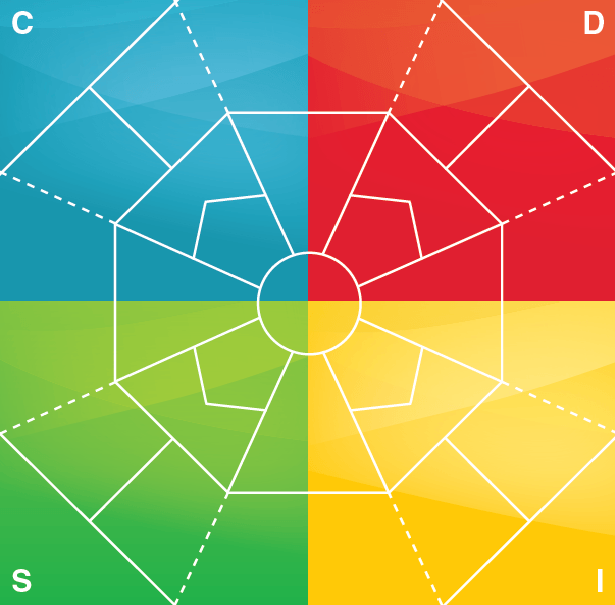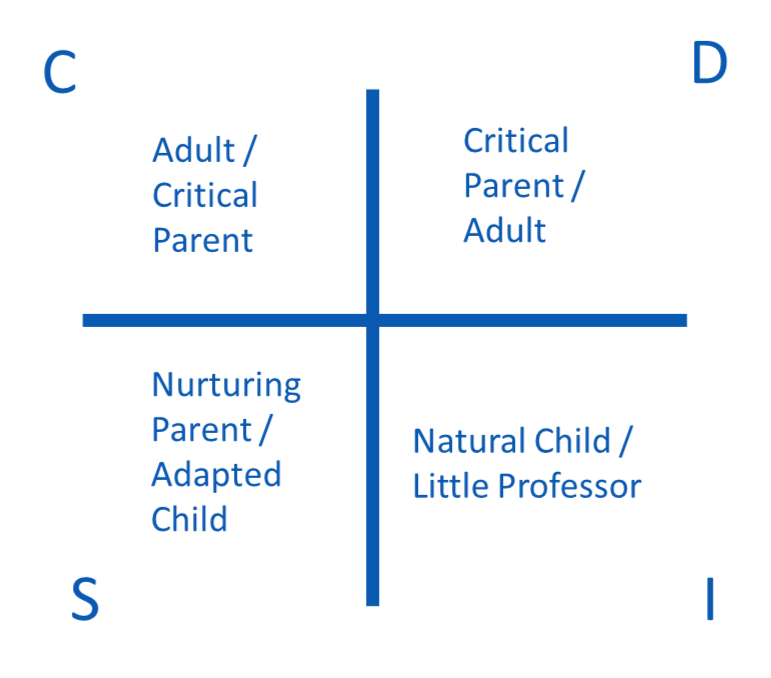After talking on the phone with Debbie for a few minutes, I was certain she had to be a very analytical “C-style” individual.
Her deliberate, steady pace of speech and her highly detailed questions were clear giveaways. This was my first conversation with Debbie. She is a corporate trainer at one of our client companies. Debbie was preparing for the “train-the-trainer” session that we were going







